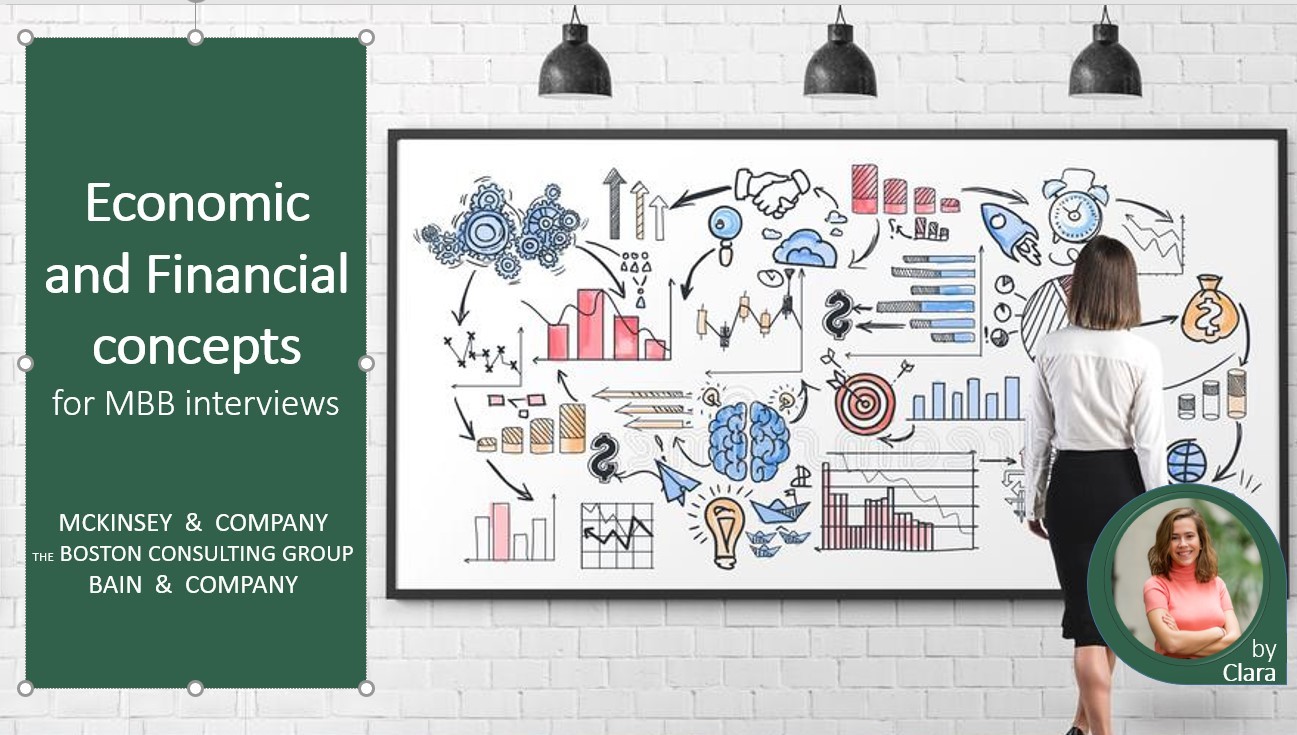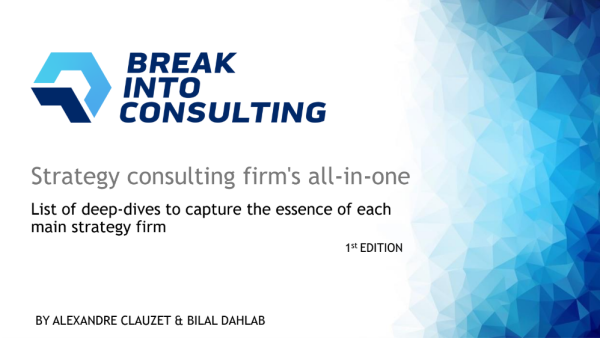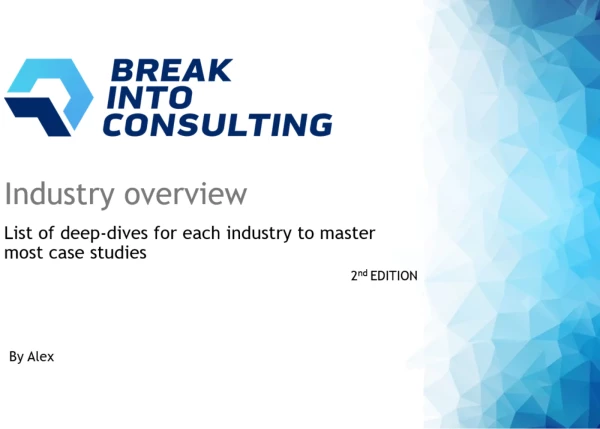I was just curious to know what kinds of math and algebra one should know for case interviews? The online web practice sites that randomize numbers are useful for helping you improve multiplication, addition, division, and so forth, but I am wondering what you might need to know beyond those basic. Everyone says that all you need for interviews is "back of the envelope" math, but I find that a bit misleading, as I've done fairly complicated practice problems on McK PST practice tests.
In other words, what kinds of math, besides the back of the envelope stuff, should one know and practice when preparing for case interviews?
Thanks.
(editiert)









Hi Vlad, when would you need to calculate the integral?